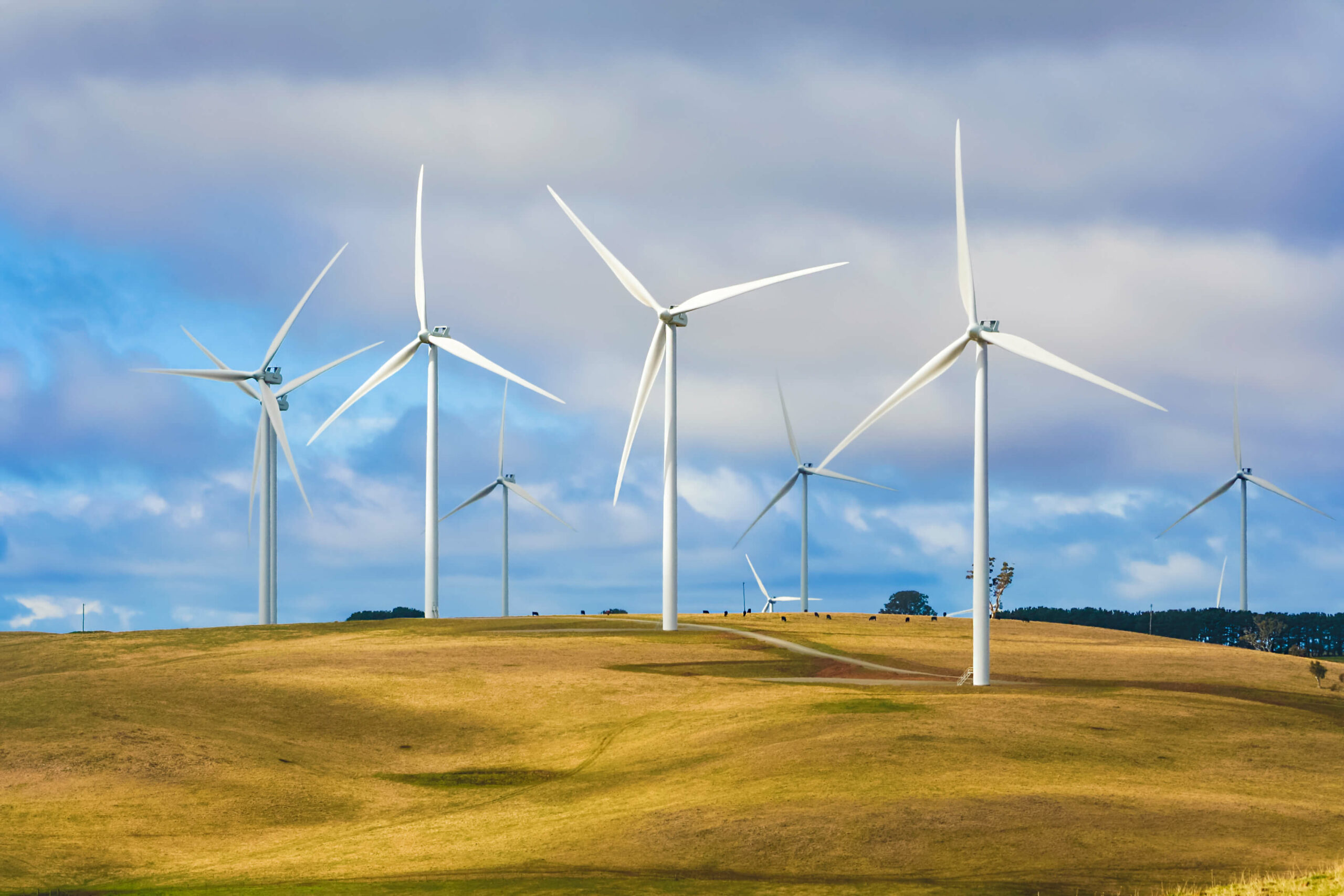Wind, solar and energy storage electrical drive trains
Overall Course Objectives
The objectives of the course are to enable students to learn about various concepts of operation of electrical drivetrains in a wind turbines, PV installations and energy storage technology.
Some of the aspects of the drivetrain design addressed in the course, include principle of operation, designing and sizing considerations of generators, power electronic converters (AC/DC and DC/DC), transformers and passive components, as well as designing control schemes that tie components together in associated systems (wind turbine, PV system, Electrical Storage System).
After dedicated introductory lectures where we will work on concepts and designs/sizing of major components for each drivetrain concepts, students will have the opportunity to specialize in a design and/or operation of one of the major components of drivetrain based on their preferences (eg. WT generator design and operation and speed control, PV and storage DC/DC converter operation, implementation of PV MPPT control schema etc.).
The further course objective is to enable students to experimentally implement one of their specializations in a laboratory experimental setup.
Learning Objectives
- Gain insight in electrical energy and control system of modern wind turbines, PV installations and battery electrical storage
- Understand and describe the steady state and dynamic models of the electrical components (equivalent circuits, control schemes)
- Simulate the Renewable Energy electrical systems drivetrains components (eg. modern multi-MW wind turbines or part of the PV farm installation).
- Learn and implement control concepts for Renewable Energy systems like Maximal Power Point Tracking for wind and solar systems, Field Oriented Control / Vector Control of motor drives and grid connected converters
- Evaluate the performance of systems based on simulations and comparative analysis
- Demonstrate acquired knowledge in laboratory experimental setup or high fidelity simulation model (eg: implementation of MPPT control for WT, FOC converter control (AC or DC) based systems,
- Report professionally on the simulation and experimental work
- Work effectively and independently as part of a team
Course Content
The course focuses on control and operation of electrical components and subsystems of wind and solar generation as well as the battery storage technology. The student will gain insight into the overview of wind turbine generator and grid tied converter operation and control, electric energy storage system operation and control and PV system operation and control.
Students will apply their engineering skills and knowledge they acquired in introductory part of the course in one of the focused areas of their interest, by choosing one project to work on during the course. In the project, students will get the chance to work with experimental setups and expand the knowledge and experience with specific technology by working on hardware and tackling the common problems which are encountered in practices.
The experimental projects will be carried out using both simulation platforms (Simulink/MatLab, LabView and Comsol) and laboratory setups featuring embedded controllers (dSpace and cRIO) and will be base for a final report, students will need to present and defend as a group.
Teaching Method
Lectures, simulations, experiments and practical implementation in the laboratory.
Faculty
Remarks
E-learning is used in the form of MS team group and access to simulation/control tools



